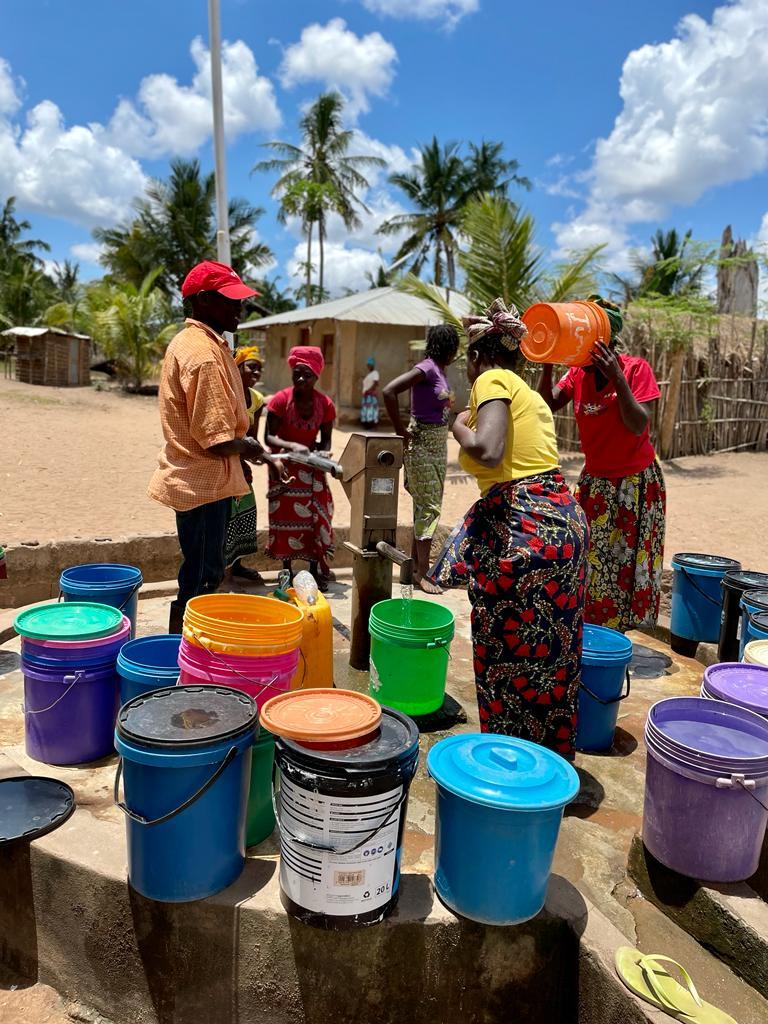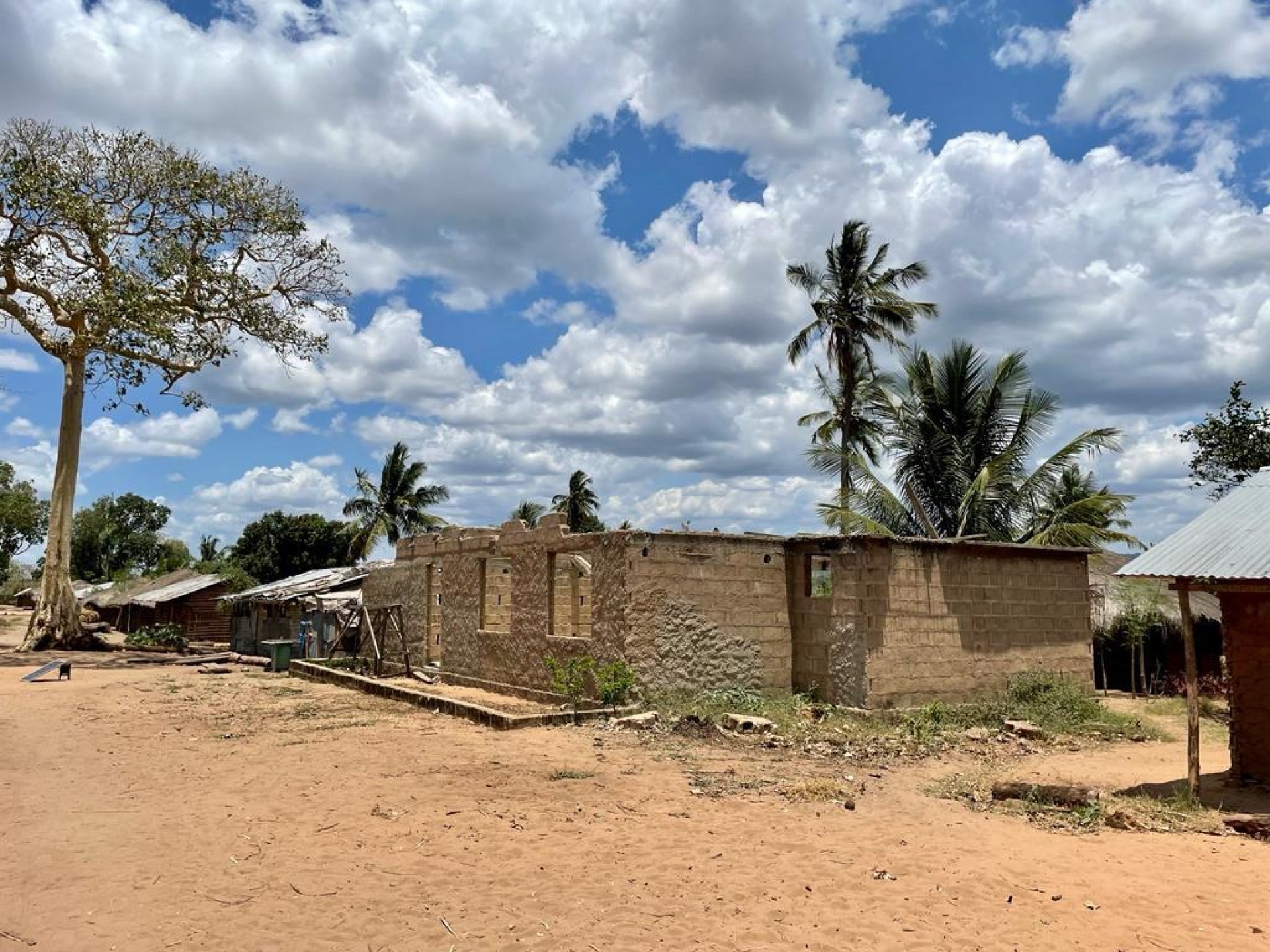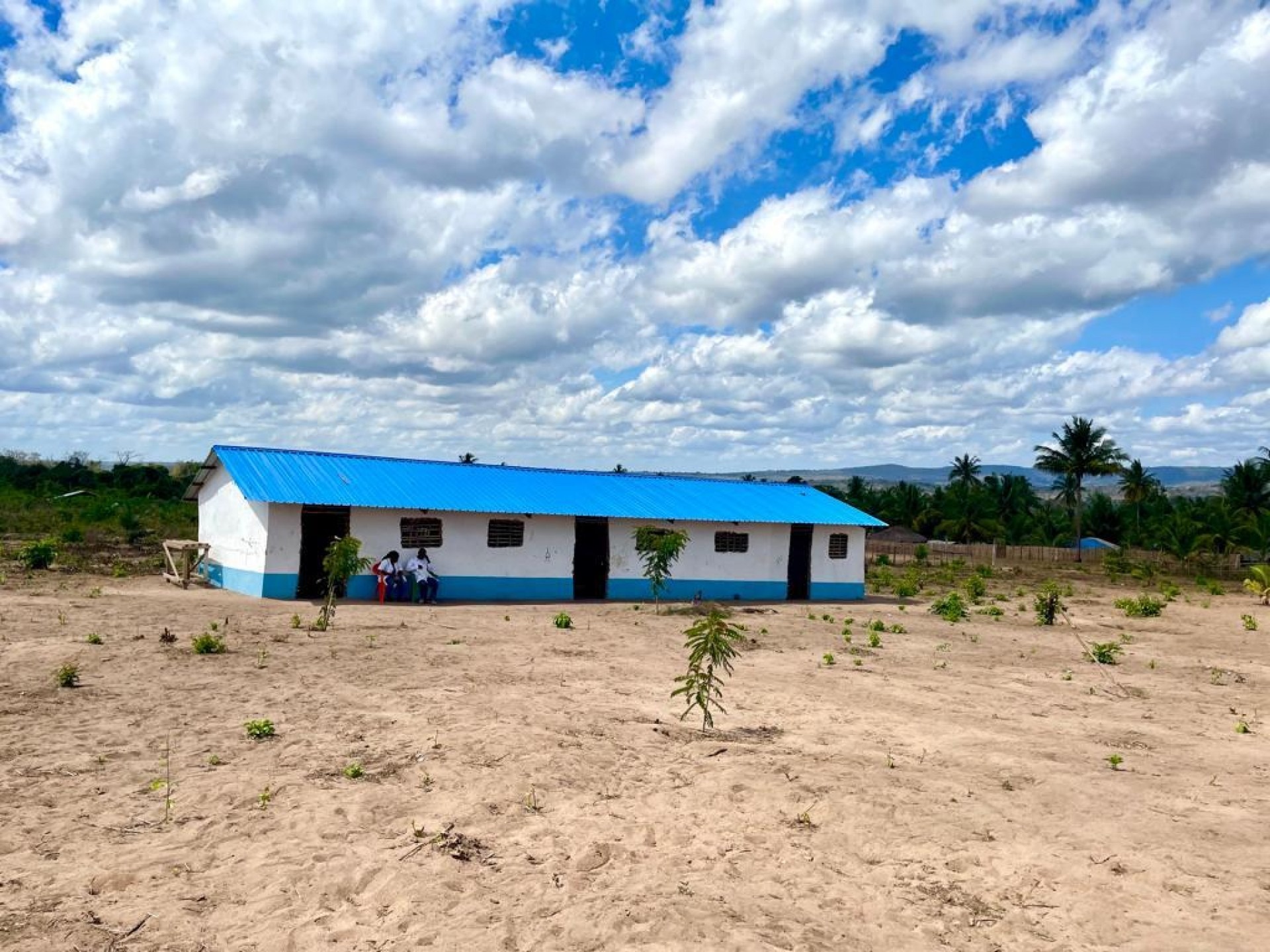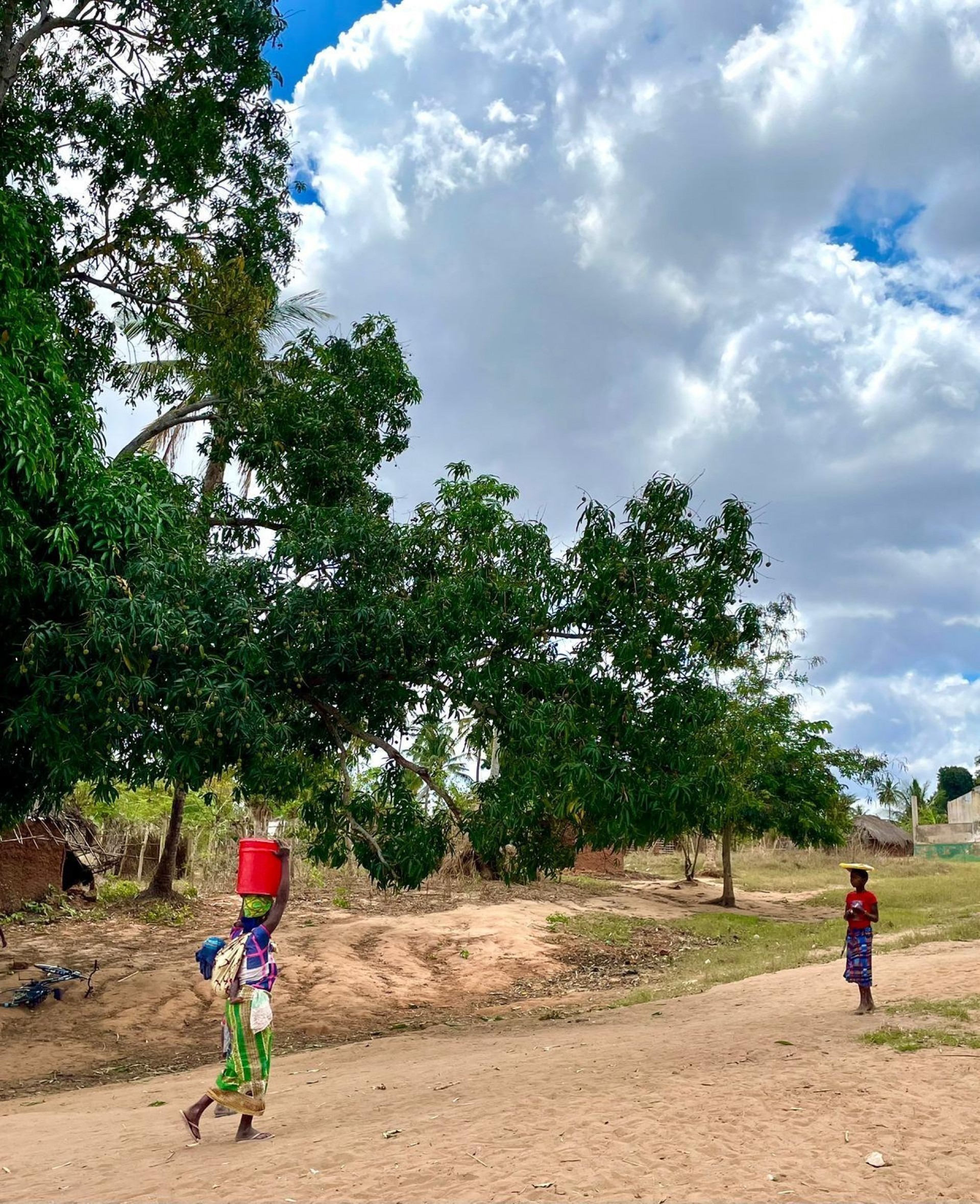
ALC participates in the United Nations stabilization program for northern Mozambique
In this context, Agirre Lehendakaria Centre in partnership with UNDP Mozambique is coordinating and implementing a People-Powered Portfolio and adaptive project management approach in Cabo Delgado province to reinforce system mapping, community listening and sensemaking activities connected to the current UNDP´s intervention and to build UNDP’s internal capacity within systems mapping, deep listening and sensemaking.
Since 2017 Cabo Delgado Province in the northern region of Mozambique, has been plagued by violent attacks by non-state armed groups. This situation has forced mass displacement and further aggravating the situation of vulnerability faced by the population, especially youth and women. In response to this crisis, in 2021 UNDP initiated stabilization interventions to assist the Government of Mozambique in its efforts to re-establish the presence of the State in the reclaimed areas, and pave the way for reconstruction and the subsequent safe return of people who have been forced from their homes, and who wish to return safely with their families.



Goals of this collaboration
Connecting UNDP's initiatives with community perceptions in real-time and mainstream it with the Stabilization Programme in Cabo Delgado
Contributing to UNDP's portfolio design, activation, and evaluation in north Mozambique
Generate new listening, sensemaking and co-creation capabilities for UNDP teams on the ground
Exploring potential synergies with existing portfolio initiatives in Mozambique (Work For Progress program in Cabo Delgado, UNDP stabilization program, among others)
In addition to working together with local authorities and consulting with the District Consultative Council (DCC) to indicate the priorities they had identified in their assessment, this collaboration aims to integrate a system mapping and an in-depth listening process to dig-deep into the needs, challenges and opportunities of local communities to support the followings Joint Action Plans
Within the 12 months of the process, we’ll set the foundations for a community listening and sensemaking process that would lead us to a People-Powered Portfolio of multilevel options that are based on a bottom-up listening process that will allow us to connect this portfolio with the existing social dynamics operating in the area. It also means that UNDP will be in a better position to assume an integrator role, ensuring the ongoing initiatives undertaken by UNDP and other actors in the target areas are complementary and that key stakeholders are coordinating their work within the Social Innovation Platform. At the end of the first year of implementation, UNDP should also have consolidated its internal capacity in systems analysis, deep listening, sensemaking, co-creation and adaptive project management.
During the first phase of implementation, which will take place from September 2022 to July 2023, we will be working on the following steps: (1) Reinforcing the system mapping of initiatives and stakeholders (2) conducting deep listening with the communities, (3) organize sensemaking sessions mainstreamed with the planned activities on the ground, (4) co-creation, (5) portfolio design, (6) portfolio activation. In parallel to this, the ALCk systemic approach will focus knowledge exchange in order to build UNDP’s internal and relevant external partners' capacities and capabilities to understand and apply systems thinking and portfolio approaches. This allows us to work in an open, collaborative manner that is sustained over time.
Systems mapping
System mapping is the process in which the core team of a portfolio approach identifies and graphically represents the key actors and existing initiatives in the region involved. It is built by first displaying all the initiatives, and then showing their connections based on 5 levels of intervention (i) community innovation, (ii) support for start-ups, (iii) large-scale public-private partnerships, (iv) redesign of public services and (v) new regulations.
In Mozambique, the main goal of this phase is to better understand the complexity associated with social cohesion, peacebuilding, economic recovery, decentralization, rule of law, elections, access to justice, human rights, and SDG challenges in the region.
The scope of the listening process
For the first listening iteration three communities were chosen because they display variation on several factors: mixed of rural and urban population, language diversification (Kimwani, Makua) and the types of displacement history (returnees, host and IDP communities). Additionally, they were selected out of considerations relating to accessibility. However, as attacks of the non-states armed groups are still ongoing, the selection of communities might have to be reconsidered and adapted during the implantation period. For the purpose of the collaboration, in case of need for reconsideration of the selected communities, the priority will be to aim to continue working either in the same district as the location originally selected, or in the proximity of the location originally selected, or with people that were at some point living in the location originally selected (e.g., in case of displacement from the site selected, the project may continue the deep listening with community members in the new displacement location).
Quissanga Praia/Tandangangue in Quissanga district: both urban communities of 3,000-4,000 residents (located in Quissanga district). Kimwani-speaking. These neighbourhoods are part of the district capital Quissanaga Sede, which has never been attacked by the non-state armed groups. As these places are situated along the coastline, the livelihoods are based on fishery in this area.
Nacoba in Quissanga district: rural returnee location of about 400 people (the population number will need to be reconfirmed as the population is in relative flux). Makua-speaking. However this community has been recently attacked.
Machova in Macomia district: rural community with a mix of host community, IDP and returnees of about 10,000 people all together. Makua-speaking.
Sensemaking linking the deep listening and portfolio approach
Since the sensemaking process consists in sharing the results of the listening process with a wider community, to contrast and enrich them, these two phases (listening and sensemaking) are naturally linked. Therefore, the narratives, challenges and opportunities identified in the listening process are reinterpreted, highlighting similarities and discrepancies, as well as possible solutions. These spaces will gather together UNDP agents, public institutions, corporates and civil society to take part in the same process.